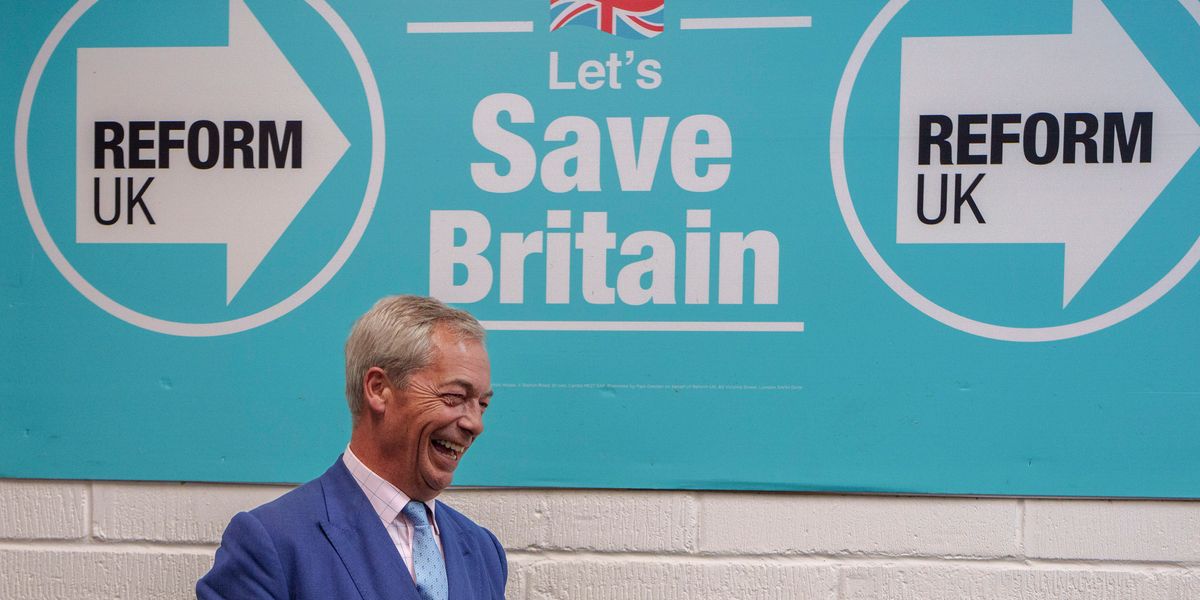Harvard President: Revoking University's Tax-Exempt Status Would Be Illegal

Table of Contents
The Legal Basis of Harvard's Tax-Exempt Status
Harvard University, like many other universities, operates under a 501(c)(3) nonprofit designation. This legal framework, governed by the Internal Revenue Service (IRS), grants tax exemptions to organizations that meet specific criteria. These organizations must demonstrate a commitment to charitable purposes and public benefit, operating with transparency and accountability. Maintaining this status requires stringent compliance. Harvard, to retain its tax-exempt status, must adhere to a number of crucial requirements:
- Compliance with IRS regulations: Meticulous adherence to all IRS regulations concerning financial reporting, governance, and charitable activities is paramount.
- Charitable activities and contributions: Harvard must demonstrably engage in significant charitable activities, including research, teaching, and community outreach programs. This includes providing financial aid to students and contributing to broader societal advancement.
- Financial reporting and transparency: Regular and transparent financial reporting is essential, demonstrating responsible use of funds and compliance with all IRS guidelines.
- Specific examples of Harvard’s charitable work: Harvard's extensive charitable work encompasses a vast array of initiatives, from groundbreaking medical research to providing scholarships and financial aid to deserving students, encompassing a range of social programs that benefit the wider community.
The President's Argument Against Revoking Tax-Exemption
Harvard's President has firmly stated that revoking the university's tax-exempt status is illegal, citing a strong legal basis for this assertion. His argument rests on the university’s long-standing compliance with IRS regulations and its substantial contributions to the public good. The President highlights the significant charitable activities undertaken by the university, arguing that these actions directly fulfill the requirements of a 501(c)(3) nonprofit. He further points to potential legal challenges and precedents, suggesting that such a move would set a dangerous precedent for other non-profit institutions.
- Specific legal precedents cited: The President's argument is likely to cite various court cases and legal interpretations upholding the tax-exempt status of similar institutions.
- Potential legal ramifications: Revoking Harvard's status could face immediate legal challenges, leading to protracted and costly litigation.
- Constitutional implications: Some might argue that such a move could have implications for academic freedom and the constitutional right to education.
Potential Consequences of Losing Tax-Exempt Status
The revocation of Harvard's tax-exempt status would have far-reaching and devastating consequences. The most immediate impact would be a significant increase in financial burdens. This would ripple through the entire university ecosystem.
- Increased tuition fees: Losing the tax exemption would necessitate significant tuition increases to offset the loss of tax benefits, potentially pricing many students out of a Harvard education.
- Reduced research funding: Research initiatives, a cornerstone of Harvard's contribution to society, would likely face severe funding cuts, hindering groundbreaking discoveries and advancements.
- Impact on financial aid programs: The university's already extensive financial aid programs would be drastically reduced, limiting access to higher education for underprivileged students.
- Effects on the wider higher education landscape: The decision could set a precedent, threatening the tax-exempt status of other universities and nonprofits, significantly altering the landscape of higher education and philanthropy.
Public Reaction and Ongoing Debate
The debate surrounding Harvard's tax-exempt status has generated significant public discussion and diverse opinions. Media coverage has been extensive, with public sentiment ranging from strong support for maintaining the status quo to calls for greater scrutiny of the university's finances and operations. Various stakeholders, including students, faculty, alumni, taxpayers, and policymakers, have expressed their views, creating a complex and multifaceted public discourse.
- Media coverage and public sentiment: News outlets have provided extensive coverage, fostering public debate and raising awareness of the critical issues at stake.
- Statements from various stakeholders: Differing opinions have emerged from various stakeholders, reflecting the diverse interests and perspectives surrounding the issue.
- Arguments for and against maintaining the tax-exempt status: The debate highlights the tension between maintaining the tax benefits for nonprofit institutions and ensuring accountability and transparency.
Conclusion: The Future of Harvard's Tax-Exempt Status and the Implications for Higher Education
The debate surrounding Harvard University's tax-exempt status underscores the crucial role of nonprofit organizations in society. The President's assertion that revoking this status is illegal highlights the complex legal framework governing these institutions. The potential consequences of such a move are significant, impacting not only Harvard but also the broader landscape of higher education and charitable giving. This ongoing debate necessitates informed discussion and engagement from all stakeholders. We urge you to learn more about the issue, engage in thoughtful conversations, and contact your representatives to voice your opinions regarding Harvard's tax-exempt status and the future of similar institutions. Understanding the implications of tax-exempt status for universities and non-profits is crucial for the future of higher education and charitable work in America.

Featured Posts
-
 Blake Lively And Anna Kendrick Reunite Amidst Feud Rumors At Premiere
May 04, 2025
Blake Lively And Anna Kendrick Reunite Amidst Feud Rumors At Premiere
May 04, 2025 -
 Britains Got Talent Controversy What Happened To Teddy Magic
May 04, 2025
Britains Got Talent Controversy What Happened To Teddy Magic
May 04, 2025 -
 Kentucky Derby 2025 Online Streaming A Complete Guide To Pricing And Availability
May 04, 2025
Kentucky Derby 2025 Online Streaming A Complete Guide To Pricing And Availability
May 04, 2025 -
 Farages Reform Party Faces Tory Scrutiny Over Defection Claims
May 04, 2025
Farages Reform Party Faces Tory Scrutiny Over Defection Claims
May 04, 2025 -
 Lizzos Weight Loss Journey Diet Exercise And Mindset
May 04, 2025
Lizzos Weight Loss Journey Diet Exercise And Mindset
May 04, 2025
